In this article
Deciding whether or not to euthanize a beloved pet with diabetes is one of the most difficult decisions a pet owner can face. Diabetes is a serious condition that affects cats, and if left untreated, it can lead to significant health problems and even death. In many cases, managing diabetes in cats requires careful monitoring, medications, dietary management, frequent vet visits and lifestyle changes to help keep the cat’s blood sugar levels in check. While many treatment options exist, a discussion of euthanasia may become necessary if your cat’s diabetes becomes too much for you to manage financially or your cat’s condition worsens to the point that you can no longer care for them or their quality of life begins to diminish

The 10 Questions to Ask Yourself Before You Make the Decision
Before deciding to euthanize a cat with diabetes, it’s important to ask yourself a series of questions, such as:
- Will my cat be able to live comfortably?
- Can I afford the ongoing medical costs associated with managing their diabetes? Is there anything else I can do for them?
- Are there any treatments available that can improve their quality of life?
- Do I know the signs to watch for that indicate my cat is in end-stage diabetes?
- Is euthanasia a more humane option than continuing with ongoing treatment and monitoring?
- How will this decision affect me and my cat in the long-term?
- Does my cat still enjoy life and their activities, or is their quality of life diminishing?
- Will treating my cat’s diabetes be beneficial for my cat in the long-term?
- If I choose to euthanize, when should I do it?
- Do I have the necessary support system in place to help me cope with this decision?
Signs Your Cat Has End-Stage Diabetes
A vet can advise you on when your cat may be reaching the end-stage of diabetes. Signs to watch for include dramatic weight loss, lack of appetite, lethargy and weakness, dehydration, vomiting and other signs of declining health.
If you want additional advice regarding your cat or their health, we recommend you contact a vet directly.
If you need to speak with a vet but can't get to one, head over to PangoVet. It's an online service where you can talk to a vet online and get the advice you need for your pet — all at an affordable price!

 The 3 Factors to Consider When Making the Decision
The 3 Factors to Consider When Making the Decision
If you’ve answered those questions and are leaning toward euthanasia, or you are still undecided and need a bit more information, there are several factors you need to consider.
1. Quality of Life
If a cat’s diabetes is causing them severe pain, discomfort, or distress and treatment is not helping or you can’t afford treatment, it may be kinder to euthanize them in order to relieve their suffering. If, however, the cat is still able to enjoy life and you can afford any necessary treatments, then euthanasia may not be necessary.
2. Possible Medical Risks/Your Cat’s Age
Cats with diabetes are at risk of developing secondary health conditions, such as urinary tract infections and pancreatitis, which can lead to even more serious complications. It’s important that you discuss these risks with a vet so that you’re fully informed about what treatment options are available.

3. Financial Costs
Diabetes management can be expensive, depending on the type of treatment and medications needed. It’s important to factor in the cost of ongoing care before making a decision about euthanasia. A vet can give you an estimate of the costs associated it with treating diabetes, but it’s important to consider how long you’ll need to provide treatment for your cat and whether you can keep up with the financial aspects of it for the duration required.

Frequently Asked Questions About Feline Euthanasia
Is there an age limit for cats to be euthanized?
Generally, cats can be euthanized at any age. However, it’s important to talk to a vet as they may have a different opinion based on your cat’s condition and prognosis.
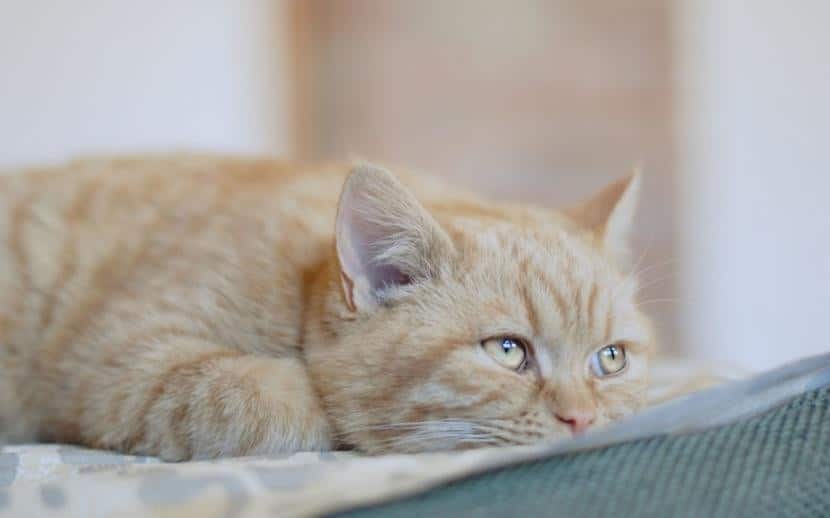
How long does the euthanasia process take?
The actual euthanasia procedure typically takes only a few minutes. The vet will be able to explain what happens during the procedure and answer any questions you may have.
What is the cost of euthanizing a cat?
Generally, costs can range from around $50 to $200+. The vet will be able to give you an estimate of the costs involved.
Is it okay to bring my other pets with me when I take my cat for euthanasia?
It’s not a good idea to bring your other pets with you when you take your cat for euthanasia. The process can be upsetting, and there is potential for them to pick up on the emotions in the room, which may be distressing for them.
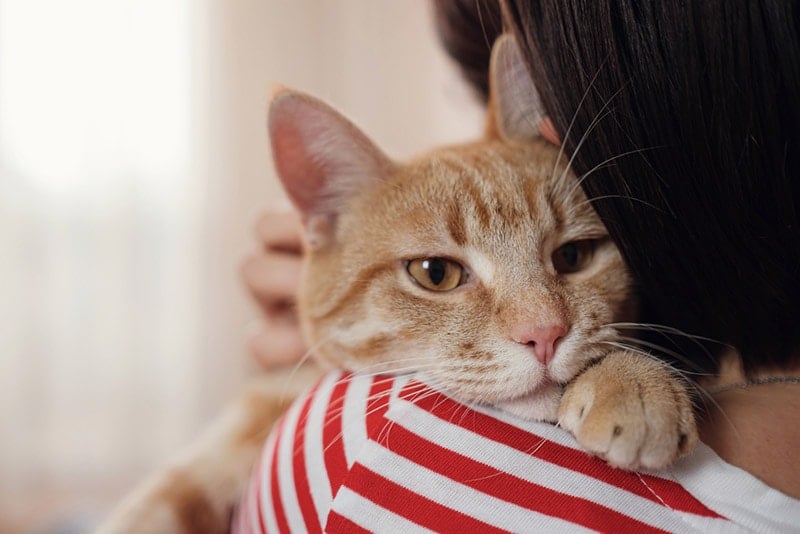
Can I take my cat home after euthanasia?
This will depend on a vet’s policy, so it’s best to ask in advance if this option is available. If not, they should be able to provide you with more details about what happens after the procedure has been completed.
How long does it take for a cat to pass after euthanasia?
Generally, the body will start to relax and the cat will become unresponsive within seconds. The body should be completely still within a few minutes.
Do I need to be present for the procedure?
This is entirely up to you, but it’s not a requirement. The vet will be able to explain your options if you’re unsure. Many pet owners choose to stay to provide comfort to their pet during this time.
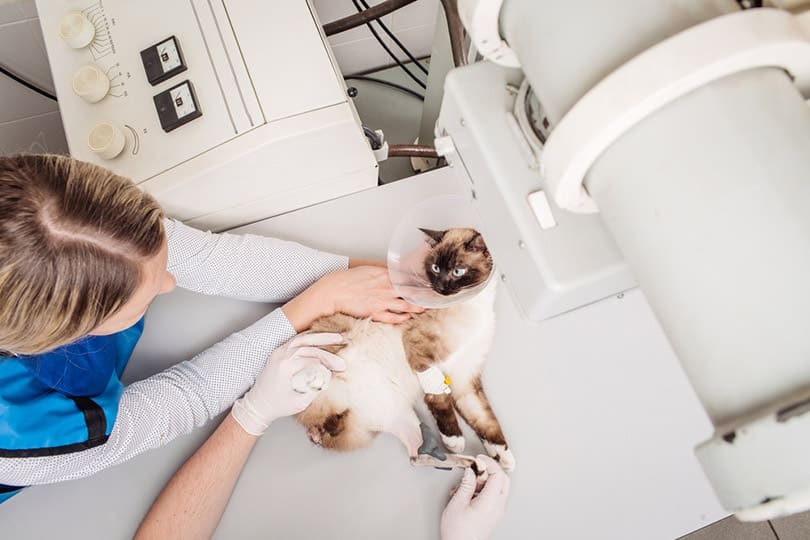
Is there any way to make the process easier for my cat and me?
If you decide to be present for the procedure, it’s important that you stay calm and remain composed. This will help your cat feel more at ease and make the process a little less stressful. Additionally, speaking calmly and reassuringly to your cat during the procedure can also provide comfort.
It is also essential to ensure that you have access to the necessary support system, such as family and friends, who can provide emotional support both during and after the euthanasia process. This can be a difficult time, so it is important to take care of yourself too.

Frequently Asked Questions About Feline Diabetes
How do I know if my cat has diabetes?
Diabetes can be diagnosed through a blood test to measure the cat’s glucose levels. The vet will also consider other factors such as weight and diet when diagnosing diabetes.
What causes feline diabetes?
In cats, one of the most common causes of diabetes is obesity or an underlying medical condition, such as pancreatitis. It’s important to talk to a vet if you suspect your cat may have diabetes in order to get a proper diagnosis and begin treatment.
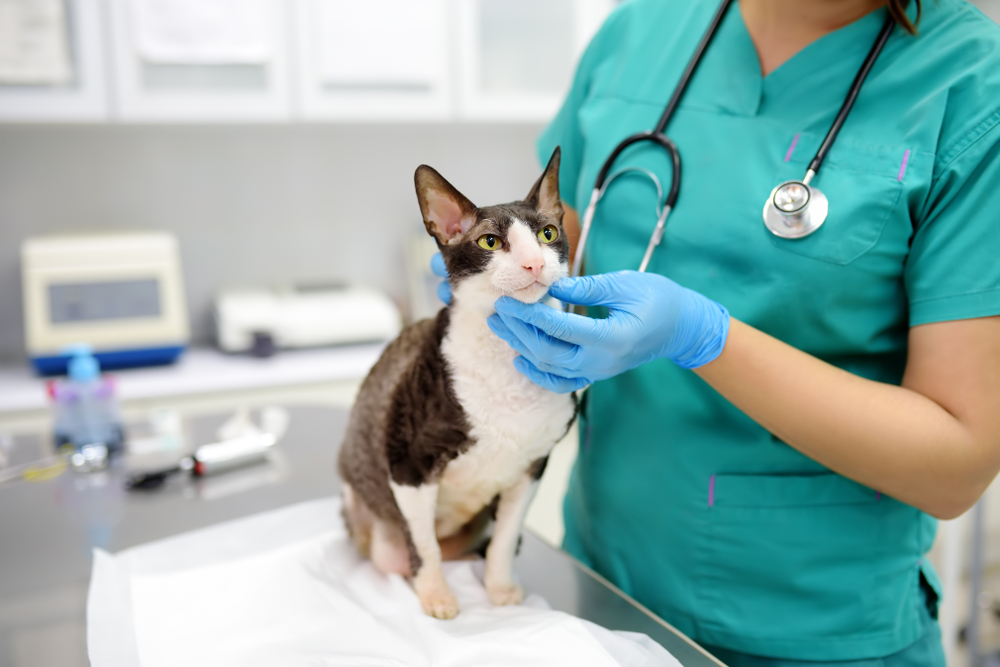
Can cats with diabetes live a long life?
With the right management plan, cats can live a full, healthy life with diabetes. It’s important to monitor your cat’s condition regularly and consult a vet if any changes occur.
Can I give my cat insulin injections at home?
It is certainly possible to give insulin injections at home, but it’s important that you receive proper training from a vet on how to do it correctly. It’s also important to monitor your cat’s glucose levels regularly and adjust the dosage of insulin accordingly.
What should I feed my cat with diabetes?
Feeding a wet food or low carbohydrate diet is beneficial for cats with diabetes. A vet can recommend a suitable diet for your cat based on their condition and lifestyle.
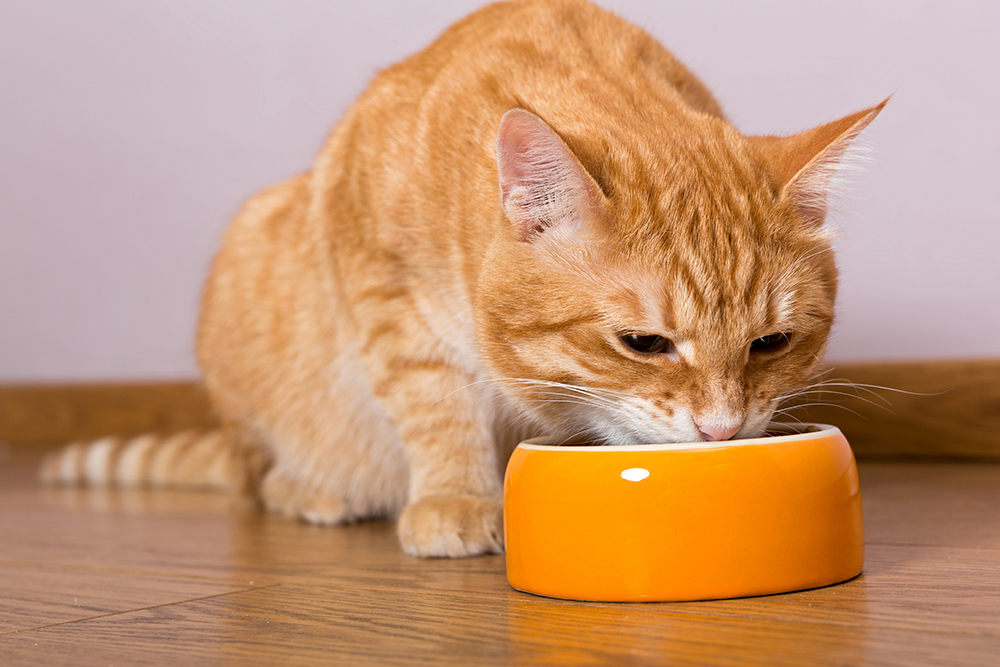
Can diabetes be cured?
Unfortunately, there is no cure for diabetes in cats. However, with proper management and treatment, your cat can live a full, healthy life with diabetes. Some diabetics can also go into remission, and no longer require insulin therapy.
How much does it cost to treat a cat with diabetes?
The cost of treatment for cats with diabetes will depend on their condition and the type of treatments they require. It’s best to consult a vet to get an accurate estimate of costs.
Are there any side effects to treating a cat with diabetes?
Treatment for cats with diabetes may include insulin injections, dietary changes, and other medications. It is important to discuss any potential side effects with a vet before beginning a treatment plan. Additionally, regular monitoring of glucose levels is essential to ensure the health and safety of your cat.
How often should I bring my cat in for diabetes check-ups?
It’s important to have regular check-ups with a vet to monitor your cat’s condition. This will help to ensure that any changes in glucose levels are detected and that the treatment plan is working effectively. The vet can advise on how often these check-ups should be.
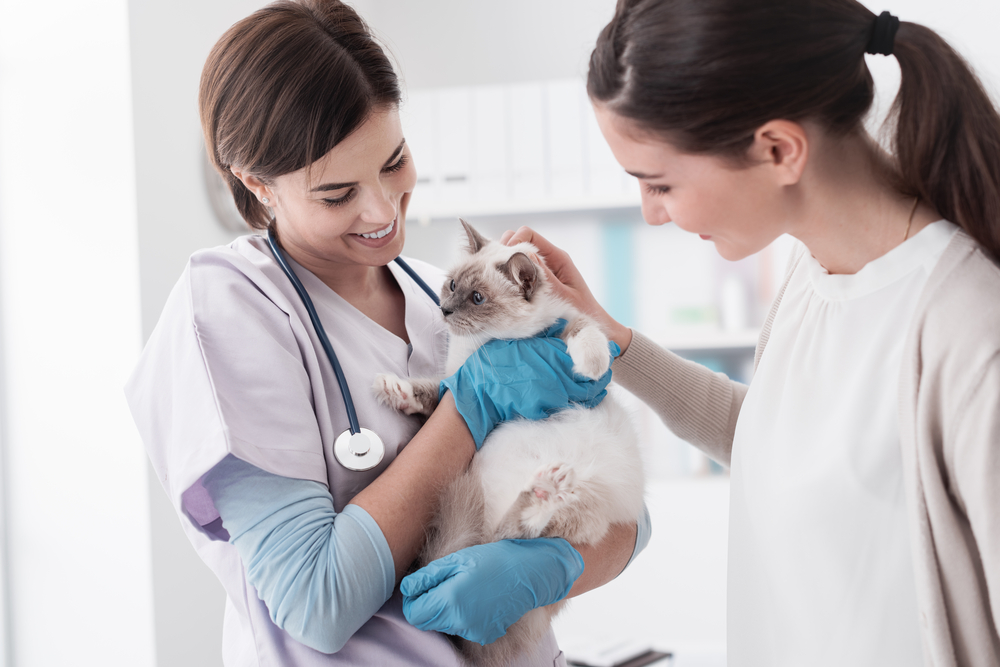
What other treatments are available for cats with diabetes?
Depending on your cat’s condition and lifestyle, a vet may recommend additional treatments such as diet changes, exercise, or medication. It is important to talk to a vet about the best course of action for your cat.
Is it possible to prevent diabetes in cats?
Maintaining a healthy weight and providing regular exercise can help to reduce the risk of developing diabetes. It’s also important to feed your cat a balanced diet and ensure they receive regular check-ups with their vet.

Conclusion
Deciding whether to euthanize a cat with diabetes is an incredibly difficult decision for any pet owner to make. It’s important to consider factors such as quality of life, potential medical risks, and financial costs associated with ongoing care before making your decision. Discussing your concerns with a veterinarian can help provide you with advice on what option is best for your pet. Ultimately, it will be up to you as the pet owner to decide whether euthanasia is the right choice for your beloved cat.
Featured Image Credit: Yekatseryna Netuk, Shutterstock
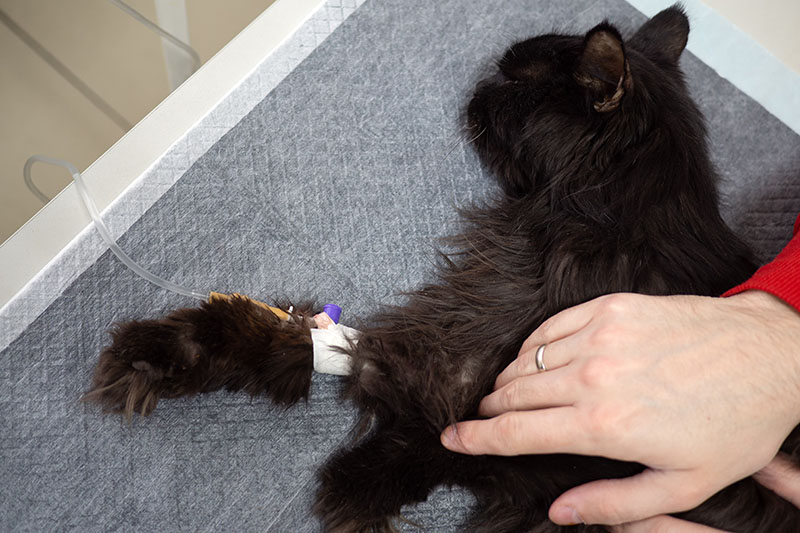



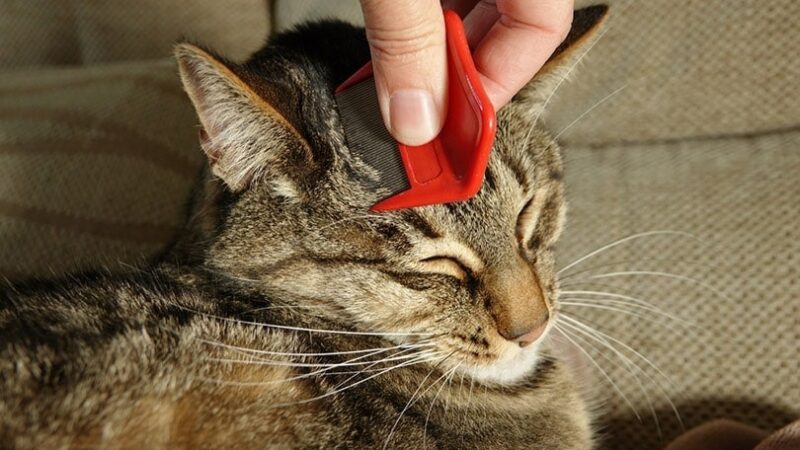

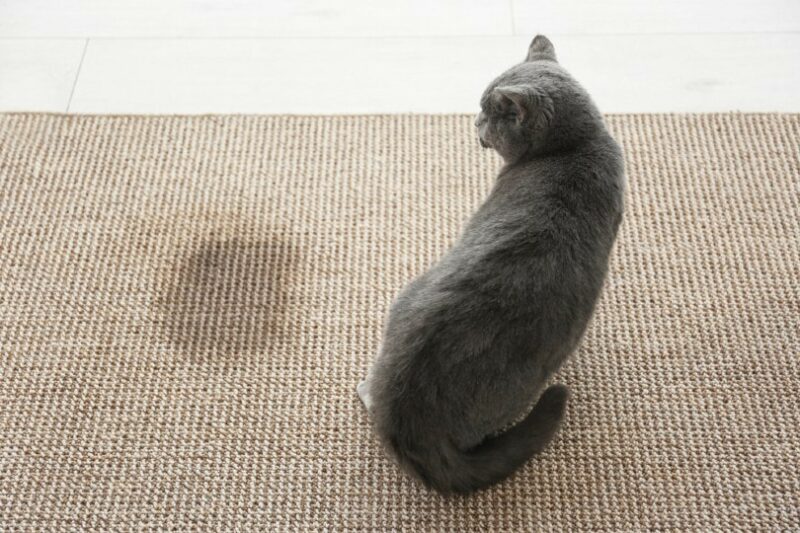

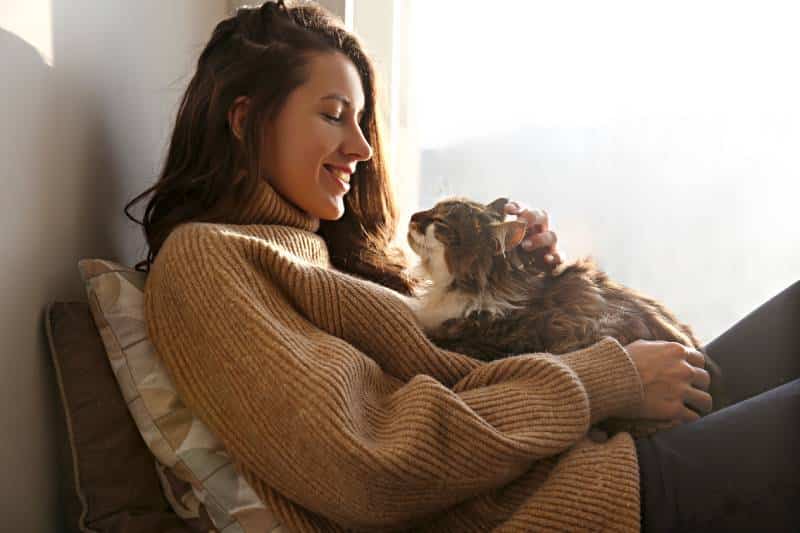
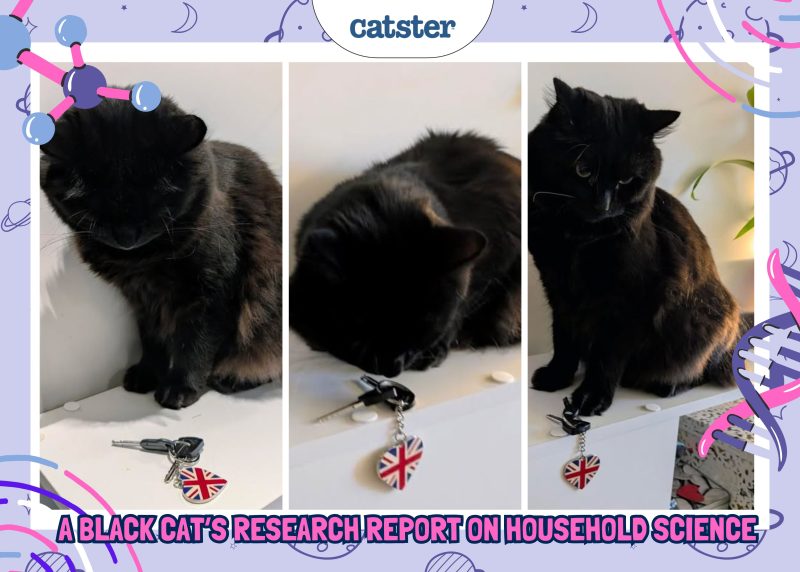
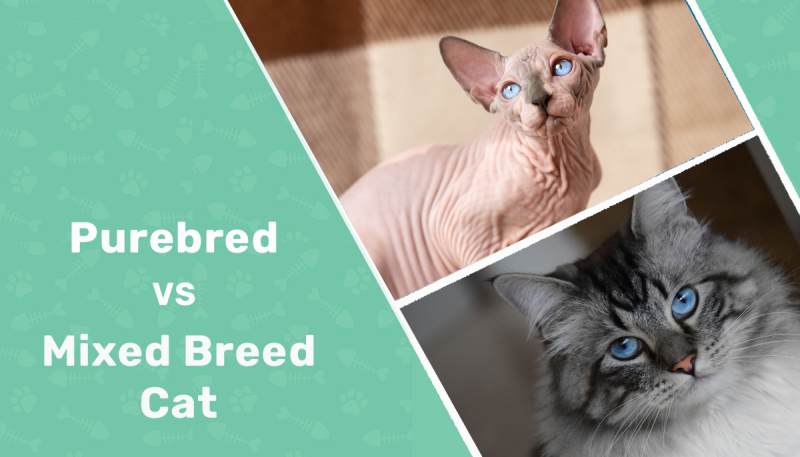
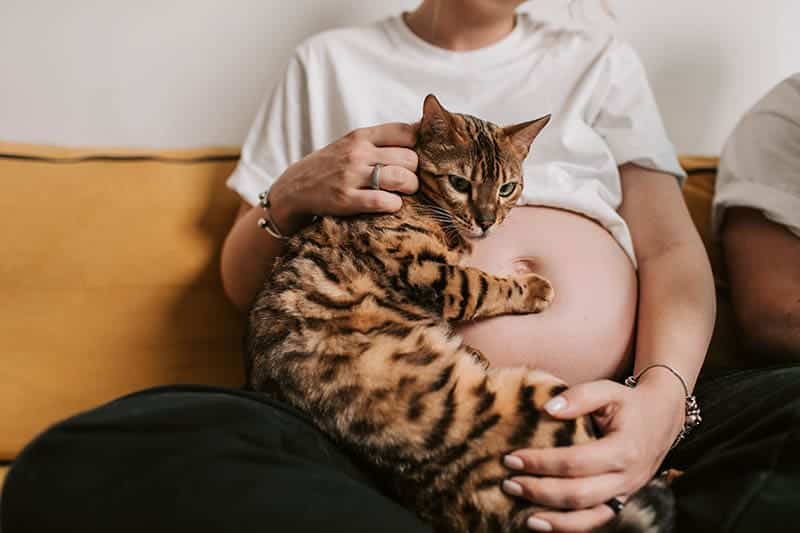


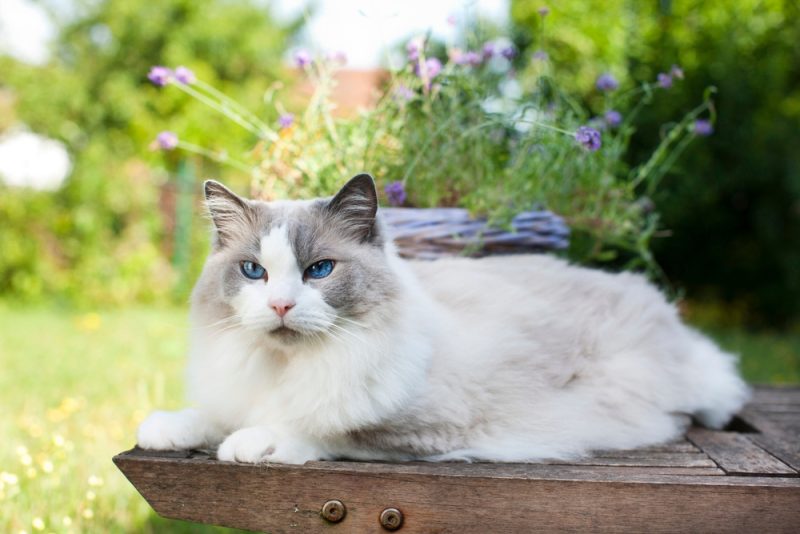

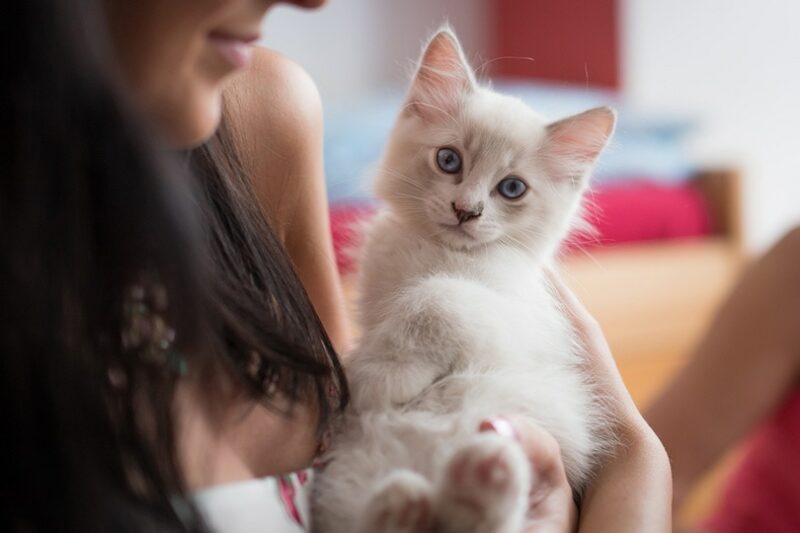
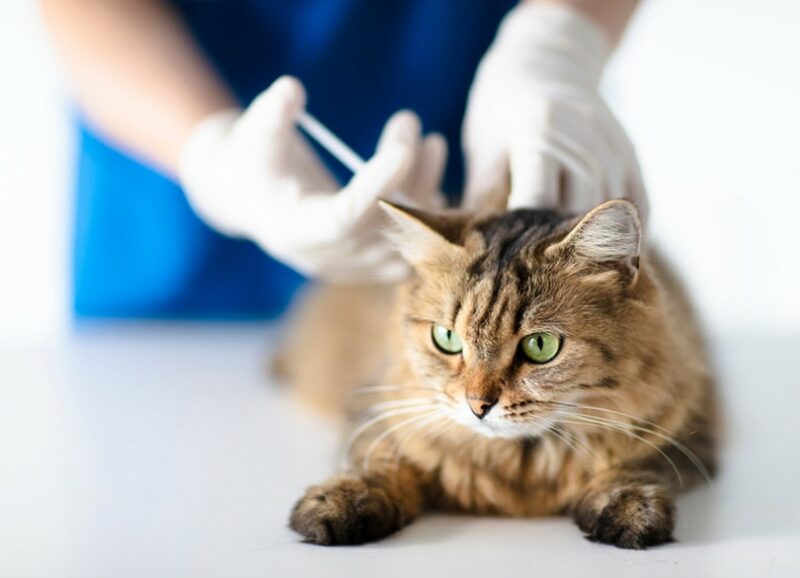




2 Responses
My 14 year old cat is diabetic and I am finding it extremely difficult to care for her since my husband and I have many of our own health concerns and are elderly. It is becoming very expensive and I can't find a place to rehome her. She seems to be slightly getting worse and I am boarding her this week since we are going away (she is on insulin 2x times per day). I don't feel I will be able to care for her properly and my family thinks it time to euthanize her. She was my daughter's cat and I took her when my daughter moved and became very allergic At the time we thought she was healthy. I am struggling with the decision but it is causing tremendous anxiety and would like your opinion. Thank you
Hi Linda Novack, sorry to hear about your cat and your situation. We can understand how difficult and emotional this situation is for you. Caring for an older cat with diabetes requires a significant commitment of time, energy, and financial resources. It is natural to feel overwhelmed, especially when you are also managing your own health concerns. Your love for your cat is clear, and the fact that you are reflecting so deeply on her well-being shows how much you care.
At 14 years old, your cat is considered a senior, and with diabetes already requiring daily management, you are facing a challenging balance between her quality of life and your ability to provide consistent care. When thinking about end-of-life decisions, it can help to focus on her comfort and daily happiness. Some questions to consider include: is she eating well and enjoying her meals, does she still interact and show interest in her surroundings, and does she have more good days than bad? If her condition is progressively worsening, if treatment and daily care feel unmanageable, or if her quality of life is declining, euthanasia can be a compassionate decision to prevent suffering.
You are not alone in facing this, and there is no “perfect” choice; only the one that best honors both her needs and your capacity to care for her. Whatever you decide, it will come from a place of love and responsibility.
Here is a recommended read that we hope helps you navigate this difficult decision:
https://www.catster.com/ask-the-vet/cat-quality-of-life-chart/
https://www.catster.com/cat-health-care/when-to-euthanize-a-cat/
https://www.catster.com/felines-weekly/why-euthanasia-is-a-gift/
https://www.catster.com/lifestyle/euthanasia-guilt/